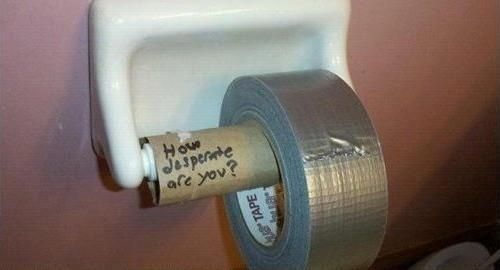boards of FL wrote:Joanimaroni wrote:boards of FL wrote:Joanimaroni wrote:If Hillary won the electoral vote and lost the popular vote would we be having this discussion?
Yes. I also had this very conversation several times over the years in the absence of a general election result. I've even posted statistical analysis comparing each state's population with its number of electoral votes in order to determine how much a vote in each state counts several times going back as far as to the PNJ forum.
And I'm bringing it up again now because it is relevant to current events.
Trump won well over the needed electoral votes.
Yes. But the question at hand is why shouldn't the person who earns the most actual votes win the election? Do you have any rational argument for that?
I don't. It is a complicated process based on population of counties and each party has electors in each state....when added up Trump had the most electors vote for him.

 Home
Home
